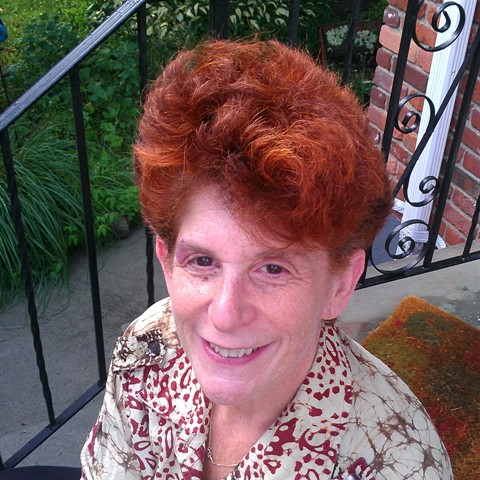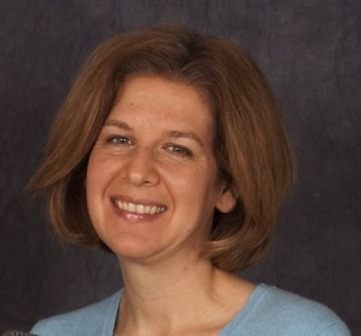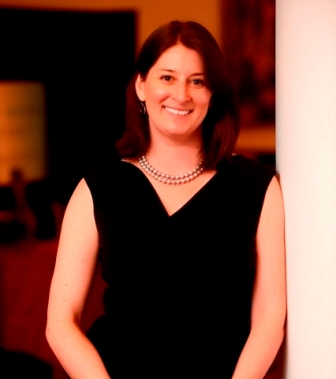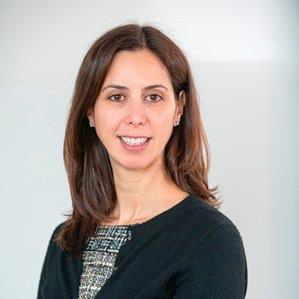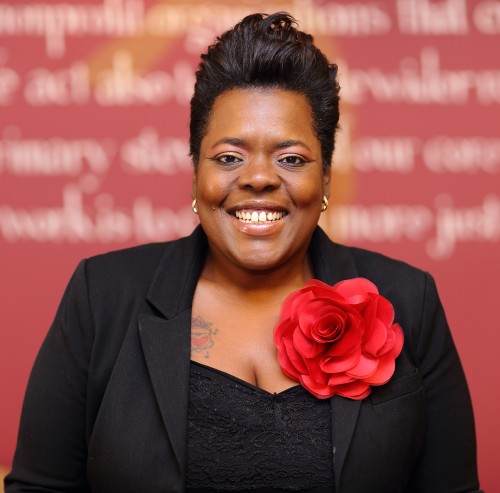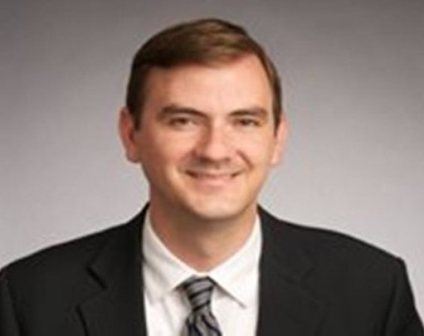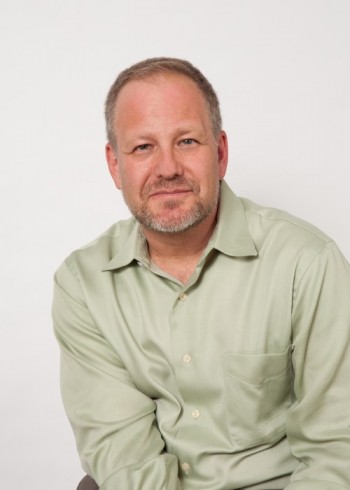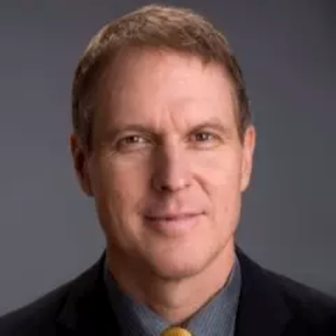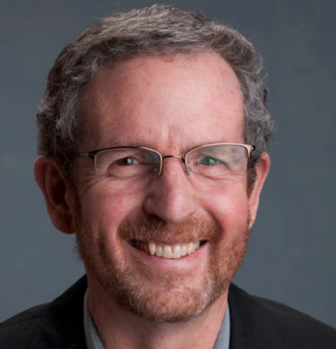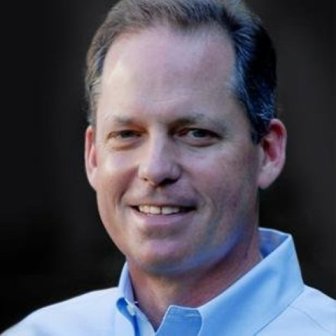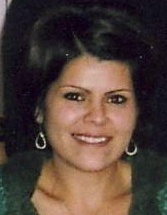Secretary Sudders Discusses Shared Values and Continued Collaboration
 On Wednesday, September 14, 2016, in the third of MNN’s Policymaker Roundtables, Secretary of Health and Human Services Marylou Sudders joined MNN members at the NonProfit Center for a candid conversation about notable successes over the past 18 months and the challenges and opportunities that remain. Secretary Sudders offered a concise overview of the work of her departments and engaged in an in-depth conversation on topics including MassHealth, decriminalizing mental health treatment, high unemployment rates for those with disabilities, and the persistent cliff effects for individuals transitioning out of poverty. Additionally, Secretary Sudders stressed the importance of a strong partnership between the nonprofit sector and government, and how different perspectives bring about the best outcomes.
On Wednesday, September 14, 2016, in the third of MNN’s Policymaker Roundtables, Secretary of Health and Human Services Marylou Sudders joined MNN members at the NonProfit Center for a candid conversation about notable successes over the past 18 months and the challenges and opportunities that remain. Secretary Sudders offered a concise overview of the work of her departments and engaged in an in-depth conversation on topics including MassHealth, decriminalizing mental health treatment, high unemployment rates for those with disabilities, and the persistent cliff effects for individuals transitioning out of poverty. Additionally, Secretary Sudders stressed the importance of a strong partnership between the nonprofit sector and government, and how different perspectives bring about the best outcomes.
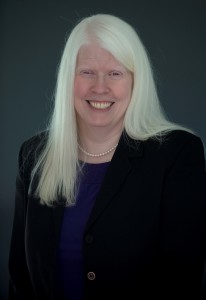





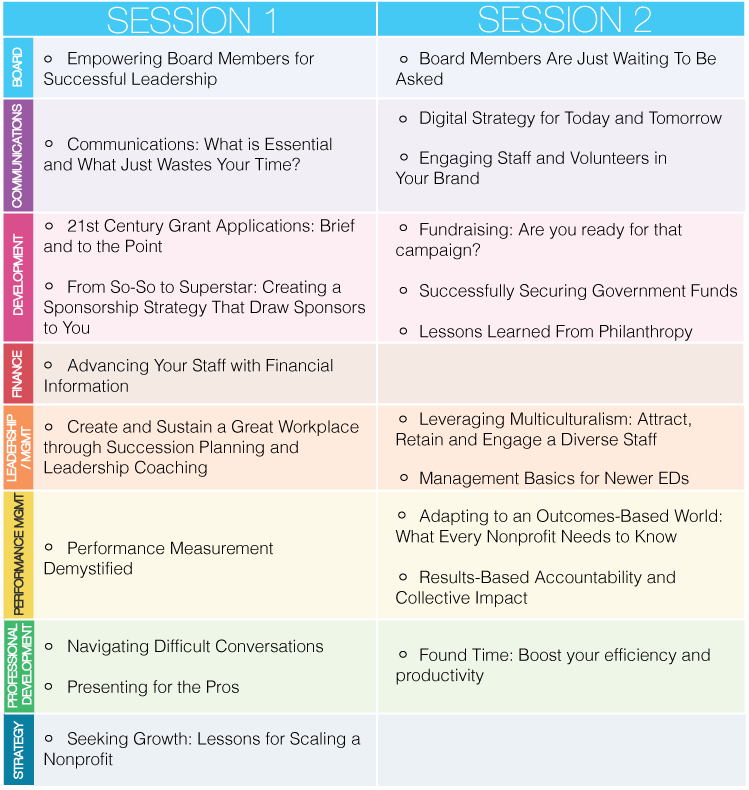
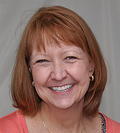



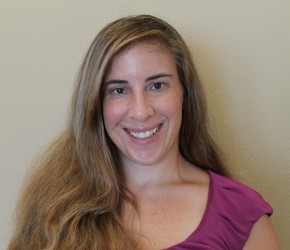

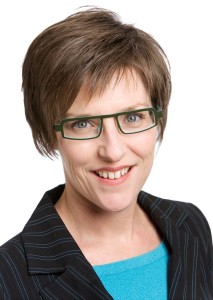

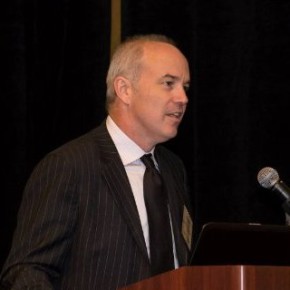

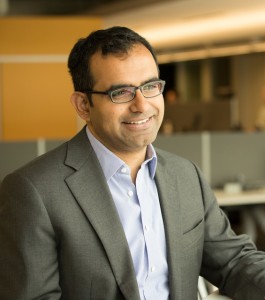
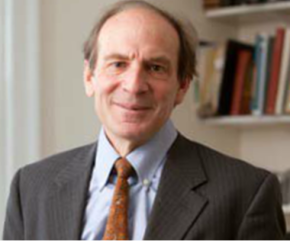
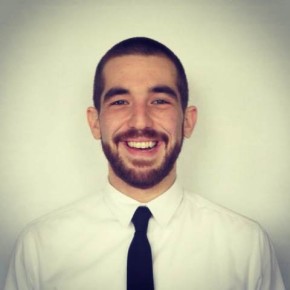

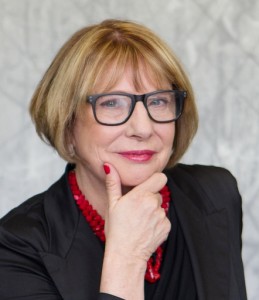



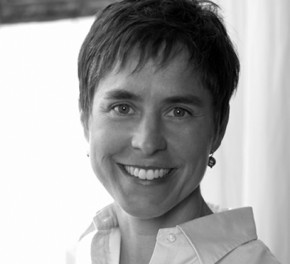
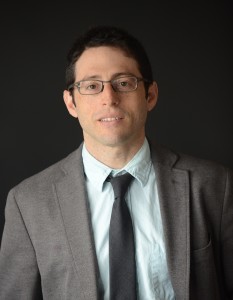
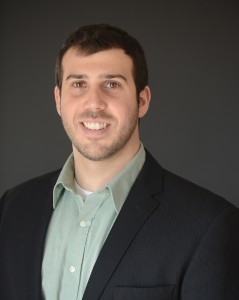
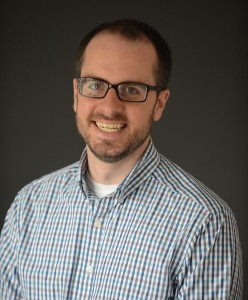


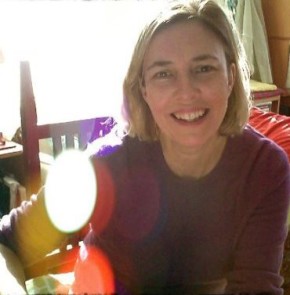
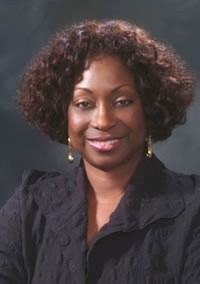
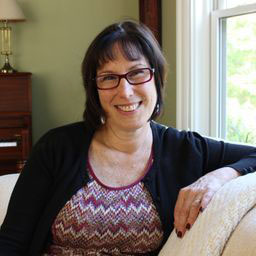


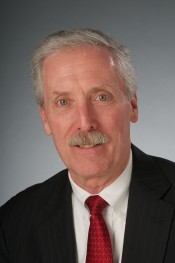
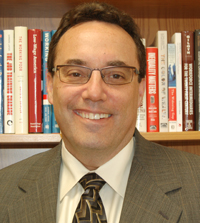


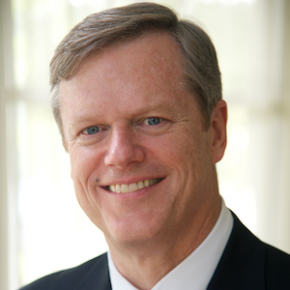
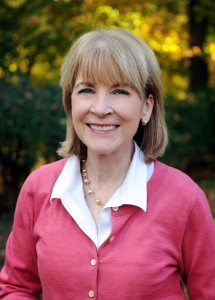
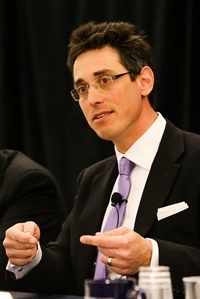
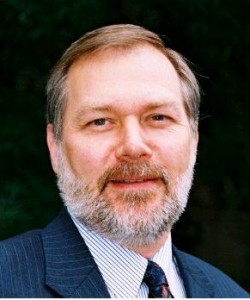 1. Nonprofits are the cornerstones of our communities and the lifeblood of the Commonwealth. They enrich the culture and beauty of our state, provide essential services for those at risk, and impact the quality of life of every single resident. Describe your personal experience with nonprofits.
1. Nonprofits are the cornerstones of our communities and the lifeblood of the Commonwealth. They enrich the culture and beauty of our state, provide essential services for those at risk, and impact the quality of life of every single resident. Describe your personal experience with nonprofits.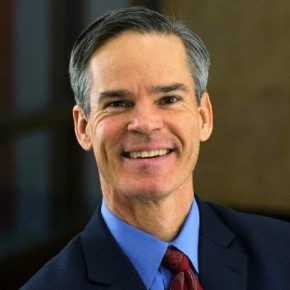 1. Nonprofits are the cornerstones of our communities and the lifeblood of the Commonwealth. They enrich the culture and beauty of our state, provide essential services for those at risk, and impact the quality of life of every single resident. Describe your personal experience with nonprofits.
1. Nonprofits are the cornerstones of our communities and the lifeblood of the Commonwealth. They enrich the culture and beauty of our state, provide essential services for those at risk, and impact the quality of life of every single resident. Describe your personal experience with nonprofits. 
